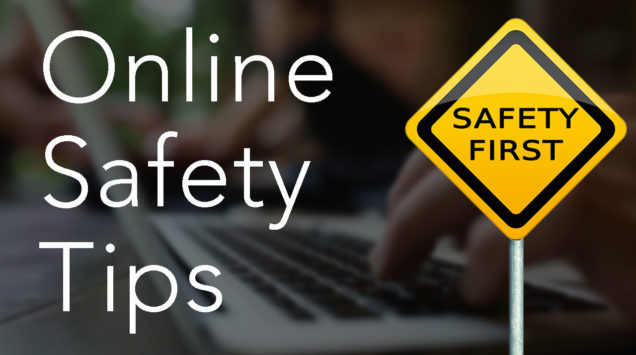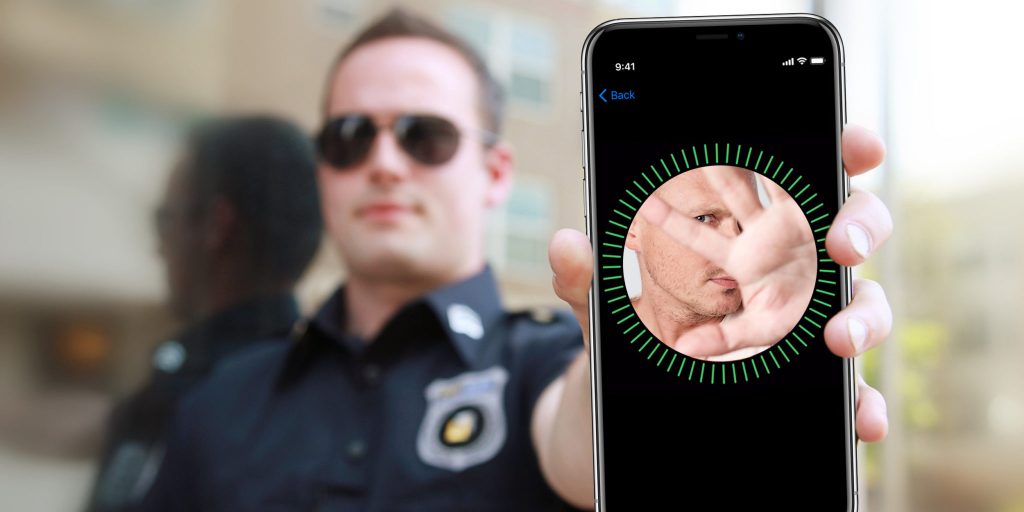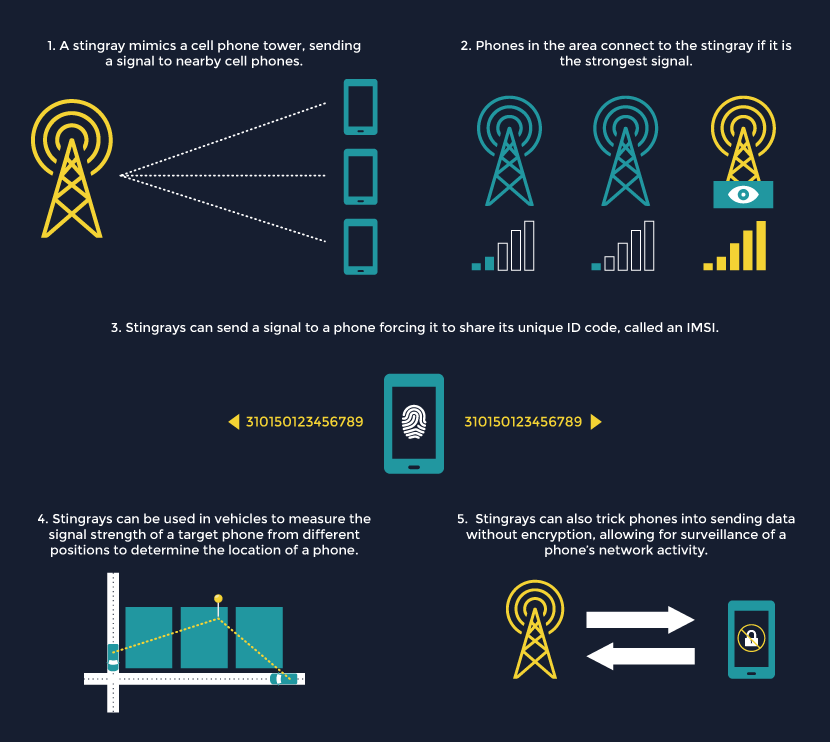 Protecting the Safety of the United States
Protecting the Safety of the United States
Used by police departments around the country, facial recognition software that is offered in real time, is a valuable crime fighting technology with law enforcement. In fact, it is a key element in order to get information early — not only for officer safety, but public safety as well.
Surveillance cameras help identify people by their facial features and record people on busy streets. It’s incredibly helpful to LEOs when they are looking for a criminal. But it goes beyond that. This is about protecting the safety of the people of the United States. Terrorists are constantly trying to get into this country. They change their identities, grow beards, wear eye glasses, and wear hats to try and conceal themselves. With facial recognition technology, they would be caught right away. The cameras would see past the beard and hat and would be able to immediately pickup the eyes, length of the nose, jaw bones, etc. Without this, we will be left counting on people to recognize them on the street. Thinking logically, Is that really going to happen?
Privacy Concerns
San Francisco, California is officially banning city agencies, including the police from using facial recognition technology. They are the first city in the nation to take this step. But it isn’t going without controversy. For one thing, the technology is not full proof. Critics say it tends to mis-identify women and people of color, which is a serious privacy and security concern. Oakland and San Jose, California are considering similar measures as well. But do every day people really want this to go away? It seems this might be the first step towards what could very well be a national policy.




 Can you imagine being at home with your family, peacefully enjoying the day, only to be ambushed by open gunfire outside your home? Idaho Police Officer Josh Rigney was off-duty and at home with his family when a man drove by his house and opened fired. His family was not injured, but Rigney was shot twice while interchanging gunfire with the unidentified man and was later treated at a nearby hospital, where his reported to survive.
Can you imagine being at home with your family, peacefully enjoying the day, only to be ambushed by open gunfire outside your home? Idaho Police Officer Josh Rigney was off-duty and at home with his family when a man drove by his house and opened fired. His family was not injured, but Rigney was shot twice while interchanging gunfire with the unidentified man and was later treated at a nearby hospital, where his reported to survive.



